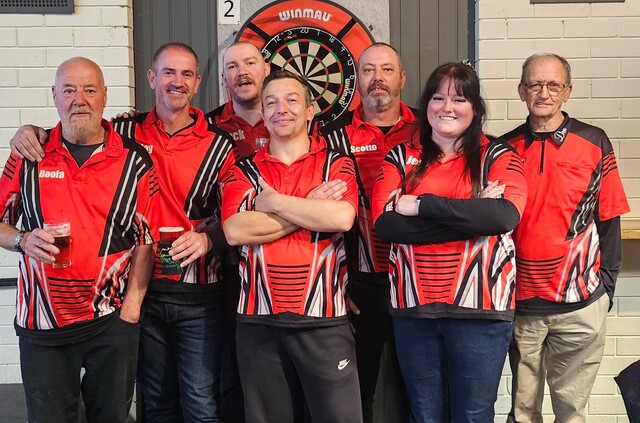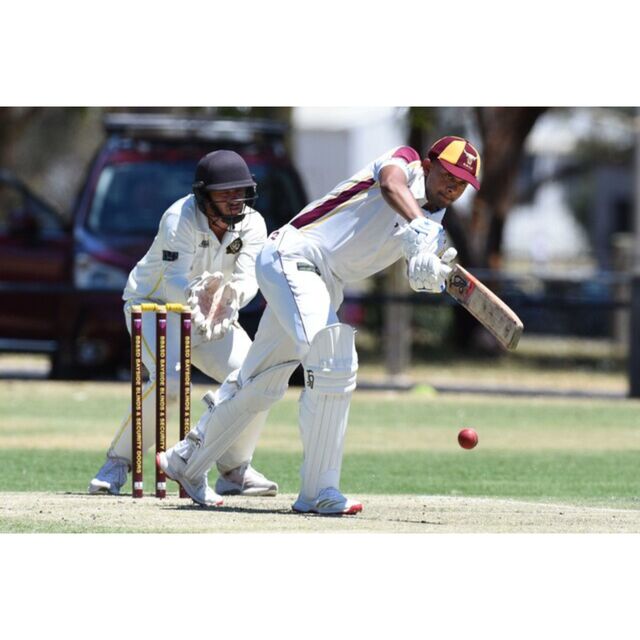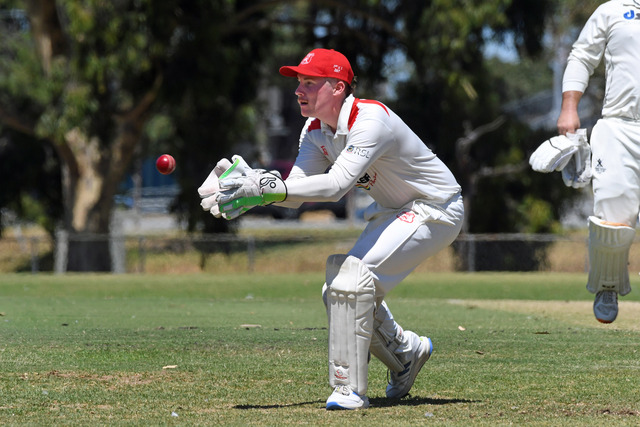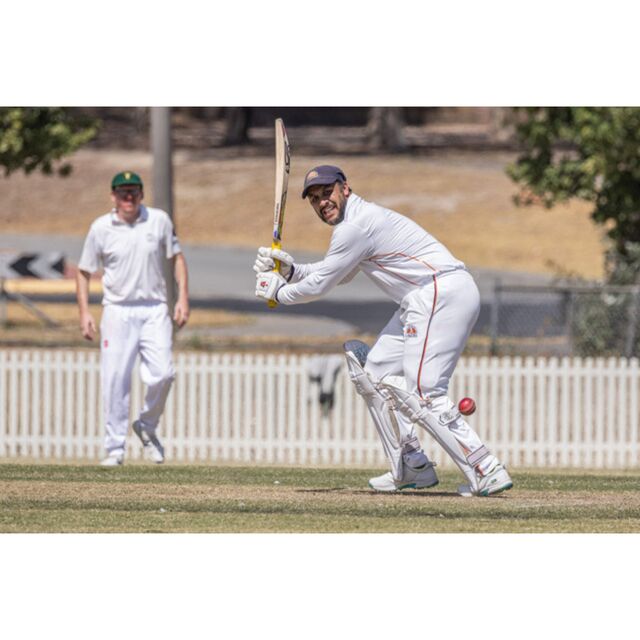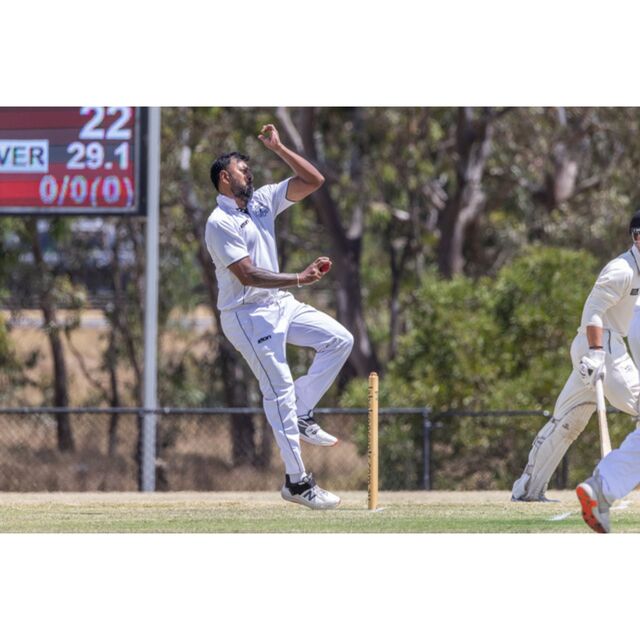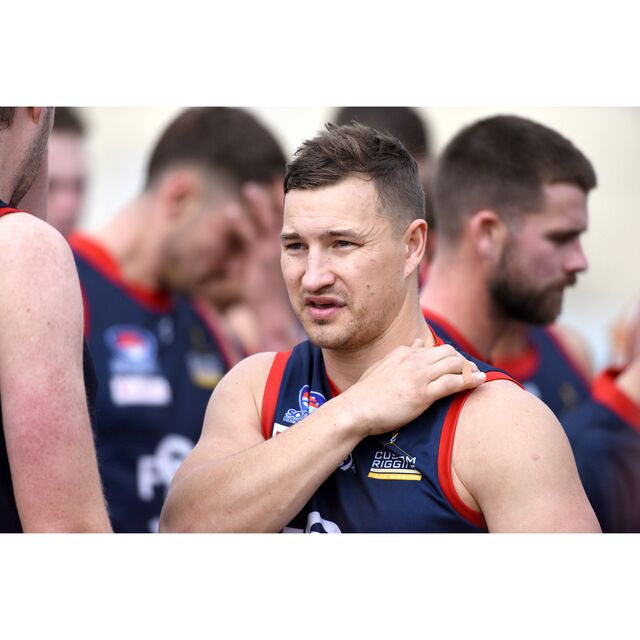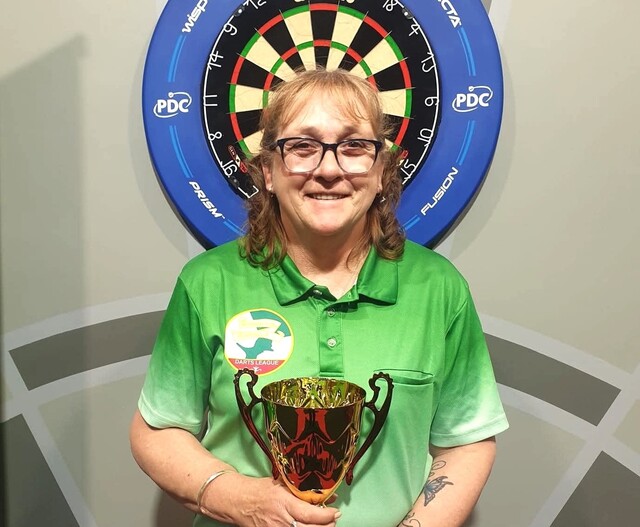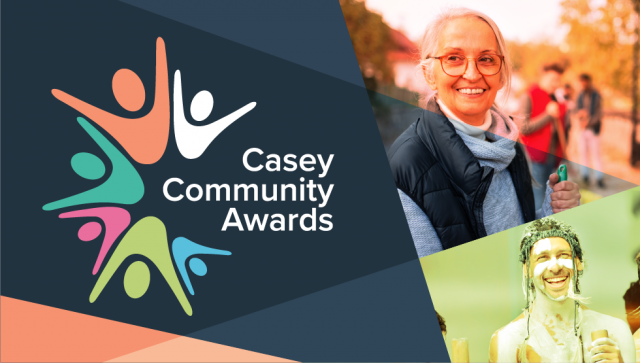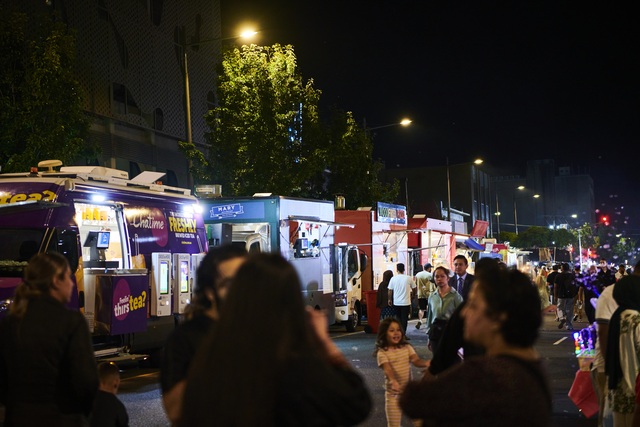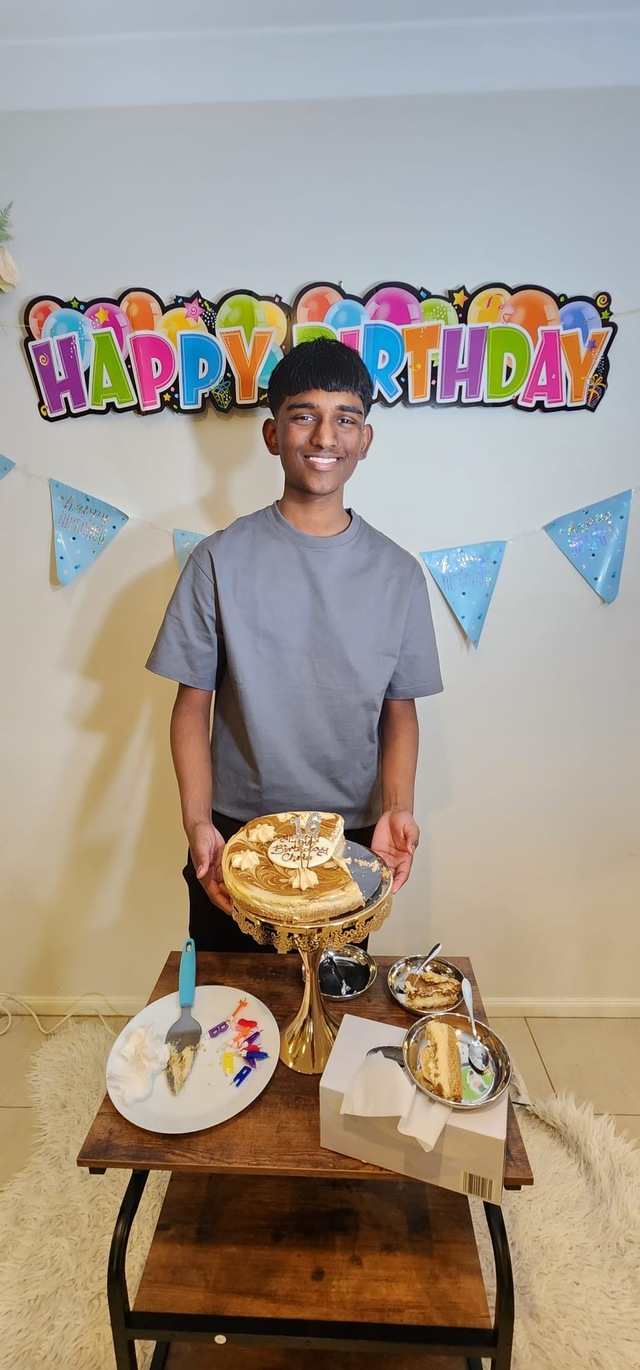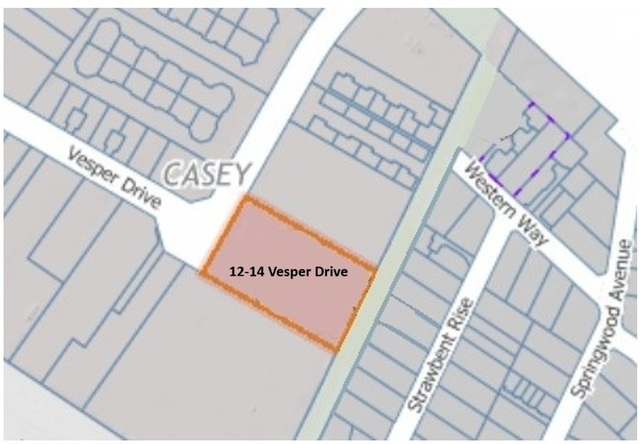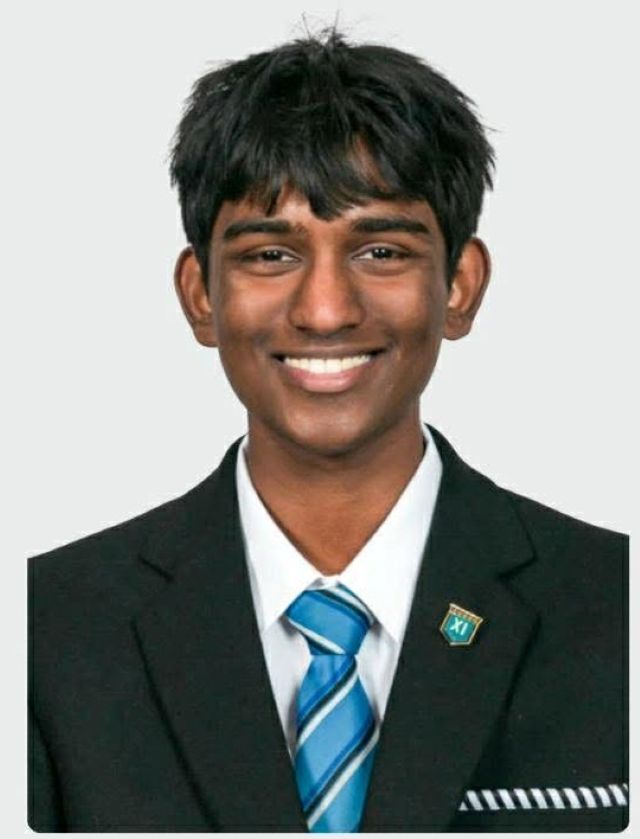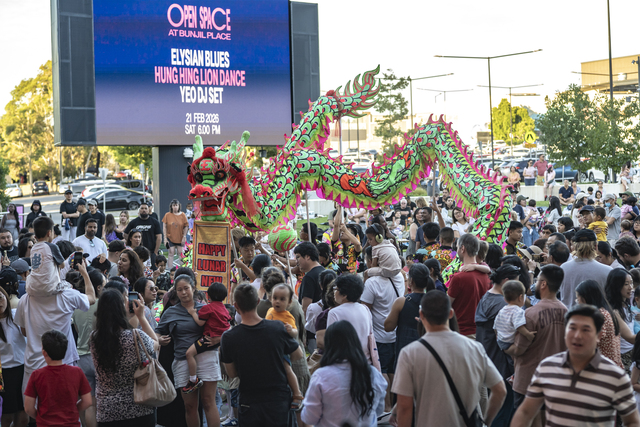By LACHLAN MOORHEAD
MARAMA Kufi knows the toll that inevitably comes with conflict.
The 46-year-old Ethiopian refugee looks away as he recounts the civil war that forced him to flee his home in search of safety, a conflict that left a trail of bodies in its wake.
Marama, a mentor for the CHALLENGE Family Violence program, was 18 in 1987 when he escaped the Ethiopian Oromia region for Sudan.
“I was a primary school teacher and suddenly bombs just started dropping on our school and we lost a lot of children, we carried as many as we could through the bush,” he said.
“We walked and lost direction, it was a long mystery.
“We walked day and night for about three weeks to cross the border, through the desert and we lost a lot of kids on the way.
“We carried all the kids and then we walked through the bush and then the desert and then sometimes we lost direction.”
Roughly 17 teachers fled the school, carrying as many of the 300 children that escaped with them as they could.
Not all the children survived three weeks of walking through the mountains, rivers and desert.
Marama said they lost more than 50 of the kids who were once his students.
“When we tried to cross the water, you don’t know the depths of the water,” he said.
“You don’t know when a gun is coming behind you, you have to run. You carry as many children as you can and cross the water.
“War is not easy.”
The Victorian Oromo Community Association, of which Marama is a passionate member, was established in 1984 by refugees from Ethiopia, Kenya and Somalia.
Marama cannot bring back those lives lost during the war, but he is doing all he can to prevent other lives being taken away as a consequence of another type of conflict.
He has volunteered for the White Ribbon campaign for several years and is now a passionate mentor for the CHALLENGE Family Violence program – a joint three-year initiative started last year by the Casey, Dandenong and Cardinia councils.
Whether it’s within a family or in war, conflict is conflict, Marama said.
“Destroy is destroy. It can destroy the family, destroy the community, destroy the country.
“That’s war, that’s conflict – this is violence,” he said.
“If I can contribute in any capacity I will, as much as I can.
“I can’t be a world leader to stop the war but I can contribute to the families.”
In June the Oromo Community of Victoria highlighted the contribution of Oromo women to society at a special event, in recognition of the CHALLENGE program and Refugee Week.
Marama said he would continue to encourage members of the Oromo community in the state’s south-east to involve themselves in the campaign to stop violence against women, while also continuing to challenge cultural barriers.
“The committee is encouraging women to take roles of power and leadership,” he said.
“The girls are becoming presidents of the community. The high school students and university students, they’re becoming involved in the community.
“They are mobilising the community, the young Oromo girls, in the Dandenong area and in the Casey area, and Victoria-wide.”


